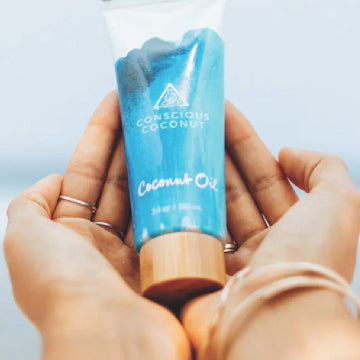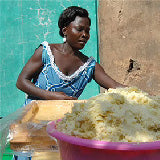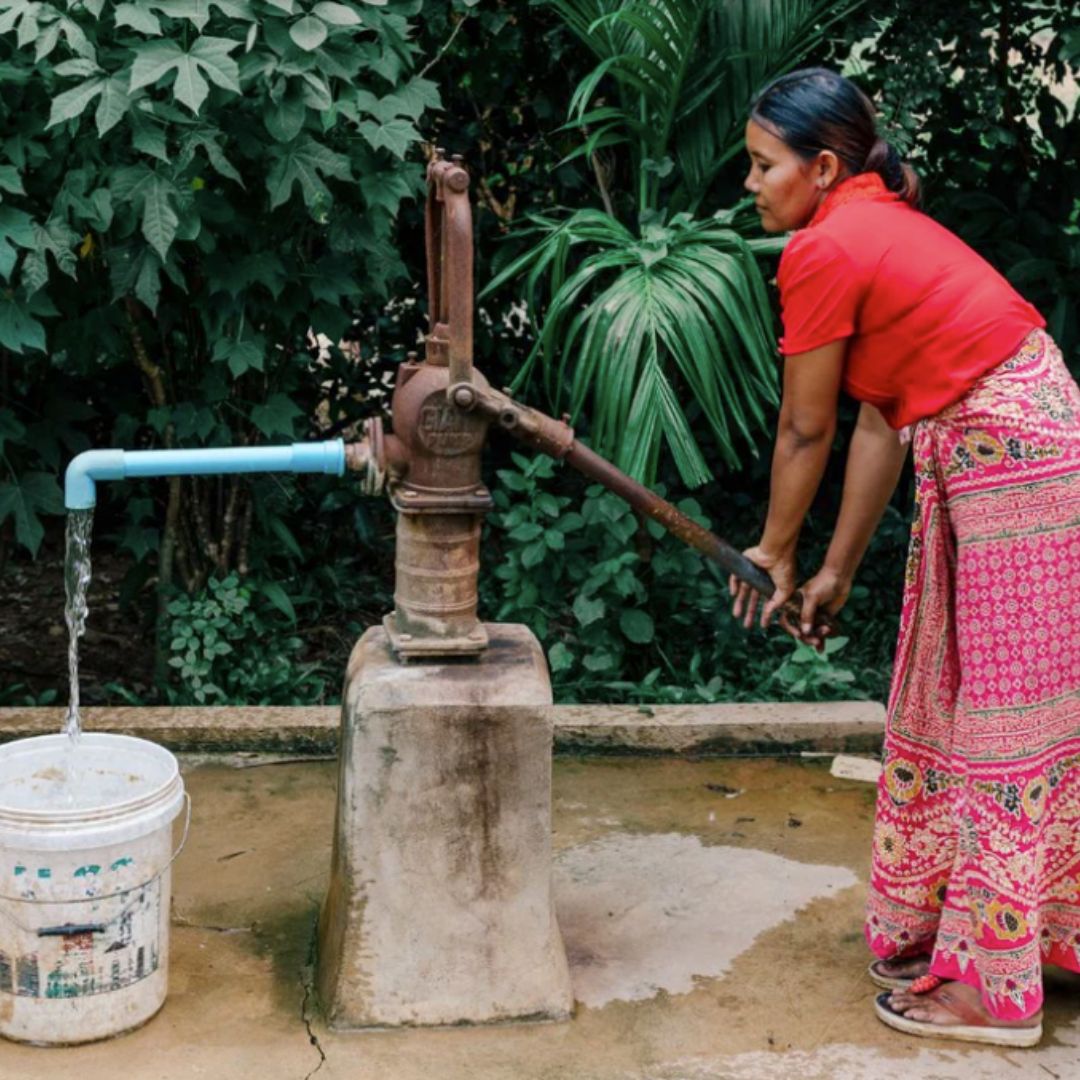Do the Fair Thing for International Coffee Day
My love affair with coffee began when I was seven years old. The rich decadent flavor grabbed ahold of me in the form of Haagen Dazs Coffee Chip ice cream. As I got older, I'd sneak sips of my dad's coffee, but since he preferred his black, the alluring scent proved more intoxicating than its taste.

It wasn't until the birth of my first child that coffee and I started our long, intimate relationship. Each morning, while trying to make sense of my day and keep another human being alive, the steaming, hot elixir became a daily transfusion for me. To this day, my family knows that words don't come out of my mouth until coffee goes in it. It's obvious some brews are more enticing to wake up to in the morning than others, but if there's anything you should insist about your morning cup of joe is that it is a Fair Trade brand. Purchasing Fair Trade certified coffee ensures that the farmers who grow the beans receive a fair price for their product. Education, health care and environmental sustainability for the farming families all play into the Fair Trade equation as well.

photo @sbglobal
It’s true, Fair Trade cost a little more, but it's money well spent. As a result of the global pandemic, the coffee industry is in a crisis and the very people whose lives depend on producing it are suffering. Coffee prices, which were already very low, are dropping even lower because of the decreased need of coffee in restaurants, hotels, and coffee shops.
Fair Trade is the only global and ethical sustainability label that guarantees a minimum price for coffee. Fair Trade certified coffee cooperatives currently earn the Fair Trade minimum price of $1.40 per pound – about 40 percent more than the current market price – or $1.70 per pound organic. On top of that, they earn $.20 per pound in Fair Trade premium, of which at least 25 percent is invested in productivity and quality initiatives. Co-ops invest the rest in projects of their choice, ranging from processing facilities to community healthcare.

Coffee prices, which were already very low, are dropping even lower because of the decreased need of coffee in restaurants, hotels, and coffee shops.
If that’s not enough to make you pay attention to your next latte, think about this: Coffee is such a huge international commodity that it’s also one of the biggest industries involved in child labor. In many of the third world countries that export coffee, children workers are an integral part of the process. They're made to work for little or no pay and spend hours and hours working the crops when they should be in school.
Fair Trade coffee brands are everywhere. You really don't have to look that hard to find them. They're on the shelves of your local super market, Amazon and even Costco. When we're all a little more mindful with our purchasing power, we can make big differences.
Here are six Fair Trade coffee brands that are helping...one cup at a time:
BULLETPROOF
BLK & BOLD

COSTCO

TOGETHER COFFEE

EQUAL EXCHANGE

STARBUCKS


















